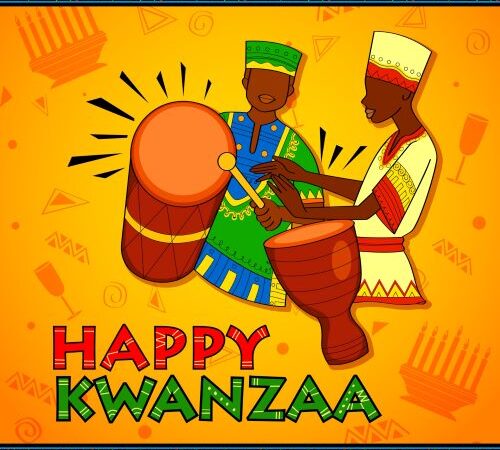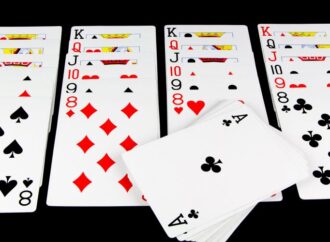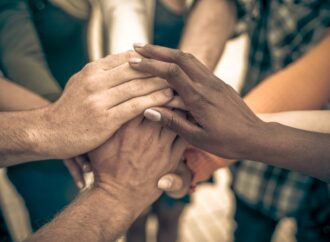Kwanzaa is a week-long celebration that honors African culture and heritage, taking place from December 26 to January 1 each year.
Created in 1966 by Dr. Maulana Karenga, a professor of African studies, Kwanzaa was designed to bring African Americans together and help them connect with their cultural roots. The word “Kwanzaa” comes from the Swahili phrase “matunda ya kwanza,” which means “first fruits,” symbolizing harvest celebrations in Africa.
The Seven Principles of Kwanzaa
Kwanzaa is centered around seven principles, called the Nguzo Saba, which represent values to build strong communities and better lives. These principles are:
- Umoja (Unity) – Focusing on togetherness in families, communities, and nations.
- Kujichagulia (Self-Determination) – Encouraging people to define themselves and speak for themselves.
- Ujima (Collective Work and Responsibility) – Working together to solve problems and support each other.
- Ujamaa (Cooperative Economics) – Supporting African American-owned businesses and sharing resources.
- Nia (Purpose) – Working to improve the community and strengthen it for future generations.
- Kuumba (Creativity) – Using imagination to build and maintain communities.
- Imani (Faith) – Believing in each other, the community, and the pursuit of higher goals.
Each day of Kwanzaa celebrates one of these principles, helping families and communities reflect on the importance of each value.
Ways to Celebrate Kwanzaa
Kwanzaa is celebrated through various activities that emphasize family, community, and culture. Many people light a special candle holder called a Kinara, which holds seven candles: one black, three red, and three green. The black candle represents the people, the red symbolizes their struggle, and the green stands for hope and the future.
During Kwanzaa, families often gather to share meals, exchange homemade or culturally significant gifts, and discuss the meaning of the seven principles. Traditional African clothing, music, and art are also a part of the celebration. Some communities host public Kwanzaa events with performances, storytelling, and dance.
Kwanzaa can be an important time to reflect on their heritage and share family history with younger generations. It provides an opportunity to pass down stories about African culture and history, which might not always be taught in schools. Many elders find meaning in the principles, especially those of Ujima (Collective Work and Responsibility) and Imani (Faith), which emphasize the importance of helping the community and believing in the strength of the people.
Kwanzaa can also be a time for older adults to connect with their roots by participating in cultural activities like storytelling, cooking traditional African dishes, or creating handmade crafts that highlight African art. For some, it serves as a reminder of the civil rights movement and the ongoing struggle for equality and justice, making it a reflective time to focus on how far communities have come and the work still to be done.
Honoring Kwanzaa in Your Own Way
Whether or not you have African heritage, Kwanzaa is a celebration that anyone can observe. It’s a time to focus on building strong relationships, giving back to the community, and reflecting on important values. Volunteering, supporting local businesses, and spending time with family are meaningful ways to honor the spirit of Kwanzaa. You can also learn more about African traditions, art, and history to deepen your appreciation for the celebration.
Kwanzaa is a beautiful holiday that helps bring people together while paying tribute to African culture and encouraging unity, self-reflection, and community strength!

























